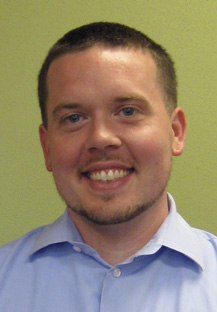
By Zach Wilson, Educational Services Director of School’s Out Washington
“As parents, it is difficult for each of us to weigh the questions of “What’s best for my child?” and “What’s best for all children?” because the answers to these questions might not be the same.”
– Zach Wilson
As always, this episode of “Please Speak Freely” offers thought-provoking insights and important considerations for people committed to serving youth. This piece touches on the internal conflict that many people experience, especially if we are parents. We have probably asked ourselves, “How is my work impacting young people?” and “Would my service be more impactful elsewhere?” As educators and mentors, we have opportunities to create deep impacts within communities and on the youth and families we serve. On the flip side, whether it’s through training, advocacy, or within other systems that are intended to support youth, there are also roles through which we can effectively reach many communities.
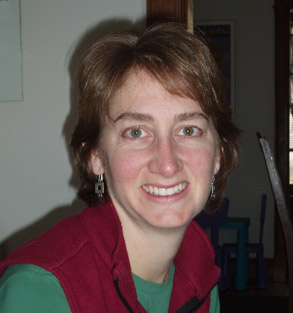 “As a youth development professional by training and a parent of school-age children, the narrow definition of success that currently drives schooling (grades and standardized test scores) has me worried in a more acute and personal way than ever before.”
“As a youth development professional by training and a parent of school-age children, the narrow definition of success that currently drives schooling (grades and standardized test scores) has me worried in a more acute and personal way than ever before.”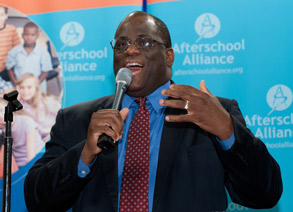 “If we don’t keep up the full court press, you can be sure no one else will do it for us—or for our kids. We must keep at it, every day, for their voices and needs to be heard.” – Barry Ford
“If we don’t keep up the full court press, you can be sure no one else will do it for us—or for our kids. We must keep at it, every day, for their voices and needs to be heard.” – Barry Ford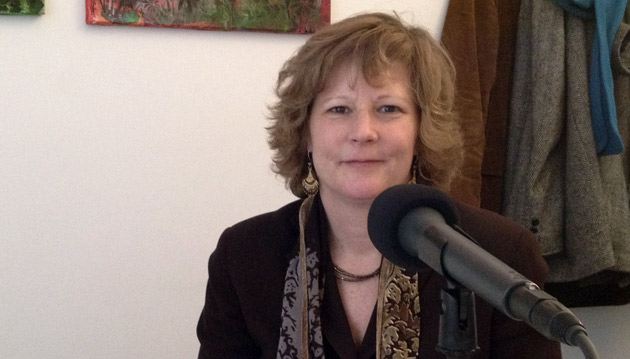
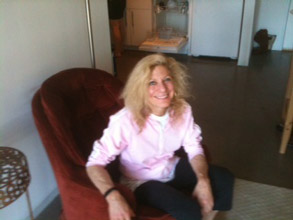 “Because we know that young people are motivated by different things, our goal is to help them find the motivation to pursue balanced and fulfilled lives. Our strategies reflect our values that everything should be measured by the impact it has on a young person.”
“Because we know that young people are motivated by different things, our goal is to help them find the motivation to pursue balanced and fulfilled lives. Our strategies reflect our values that everything should be measured by the impact it has on a young person.”